Abstract
Sensitivity analysis (SA) is en route to becoming an integral part of mathematical modeling. The tremendous potential benefits of SA are, however, yet to be fully realized, both for advancing mechanistic and data-driven modeling of human and natural systems, and in support of decision making. In this perspective paper, a multidisciplinary group of researchers and practitioners revisit the current status of SA, and outline research challenges in regard to both theoretical frameworks and their applications to solve real-world problems. Six areas are discussed that warrant further attention, including (1) structuring and standardizing SA as a discipline, (2) realizing the untapped potential of SA for systems modeling, (3) addressing the computational burden of SA, (4) progressing SA in the context of machine learning, (5) clarifying the relationship and role of SA to uncertainty quantification, and (6) evolving the use of SA in support of decision making. An outlook for the future of SA is provided that underlines how SA must underpin a wide variety of activities to better serve science and society.
Publication
Environmental Modelling and Software (137)
This position paper was written collaboratively by many of the top authors in the field of sensitivity analysis. It lays out the state of sensitivity analysis and looks to the future of the field.
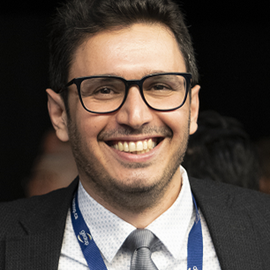
Dr Razavi’s research work is at the science-policy interface, bridging hydrological modelling and prediction of flood and drought to integrated management of water resources and decision and policy making. He is also an expert in systems and data sciences, sensitivity and uncertainty analysis, and machine learning.

Background in applied and computational mathematics with decades of experience in areas and methods of environmental modelling. Specific domain of interest is integrated water resource management and hydrology.

Works on Sensitivity analysis, sensitivity auditing, impact assessment, science integrity, sociology of quantification, science and lobbies, science and post truth….
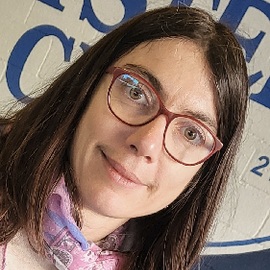
President of SAMO
Clémentine Prieur graduate a PhD thesis in applied mathematics at Cergy-Pontoise University in 2001. She started her career as assistant professor at INSA Toulouse. Since 2008 she has a full professor position at Grenoble Alpes University.
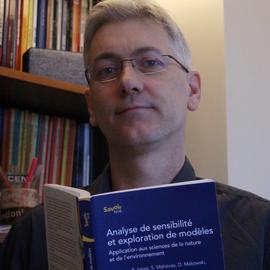
Co-president
Bertrand Iooss works as a senior researcher in industrial statistics at Electricité de France (EDF). His main research works involve the design, analysis, modeling, uncertainty quantification and validation of computer experiments and machine learning models.
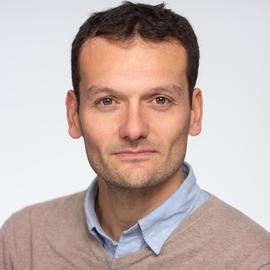
From Dec 1 2019 I am working in the CREDS research centre (Centre for Research into Energy Demand Solutions), flexibility theme area. My research interests include energy systems, sensitivity auditing, uncertainty quantification and global sensitivity analysis, science for governance, modelling and model (knowledge) quality assessment. My research interests also cover complexity and complex systems (such as societies).

I am a freelance data scientist working at the intersection between data, research and policy. I work for many international organisations, including the European Commission, and various UN agencies, with a particular specialisation in building (composite) indicator solutions. I am also a researcher in various fields, including sensitivity analysis.
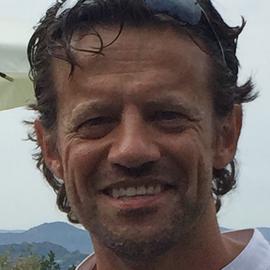
Since 1996, Stefano works at Joint Research Centre of the European Commission. Until 2015, Stefano worked in the field of sensitivity analysis, where he published 80 papers in the peer-reviewed literature. Then he moved to the Directorate for Energy, Transport and Climate where he conducts pre-normative research in the field of interoperability of smart grids and electric vehicles, and manages a living lab for testing digital energy solutions.
 Challenges and outlook of sensitivity analysis
Challenges and outlook of sensitivity analysis